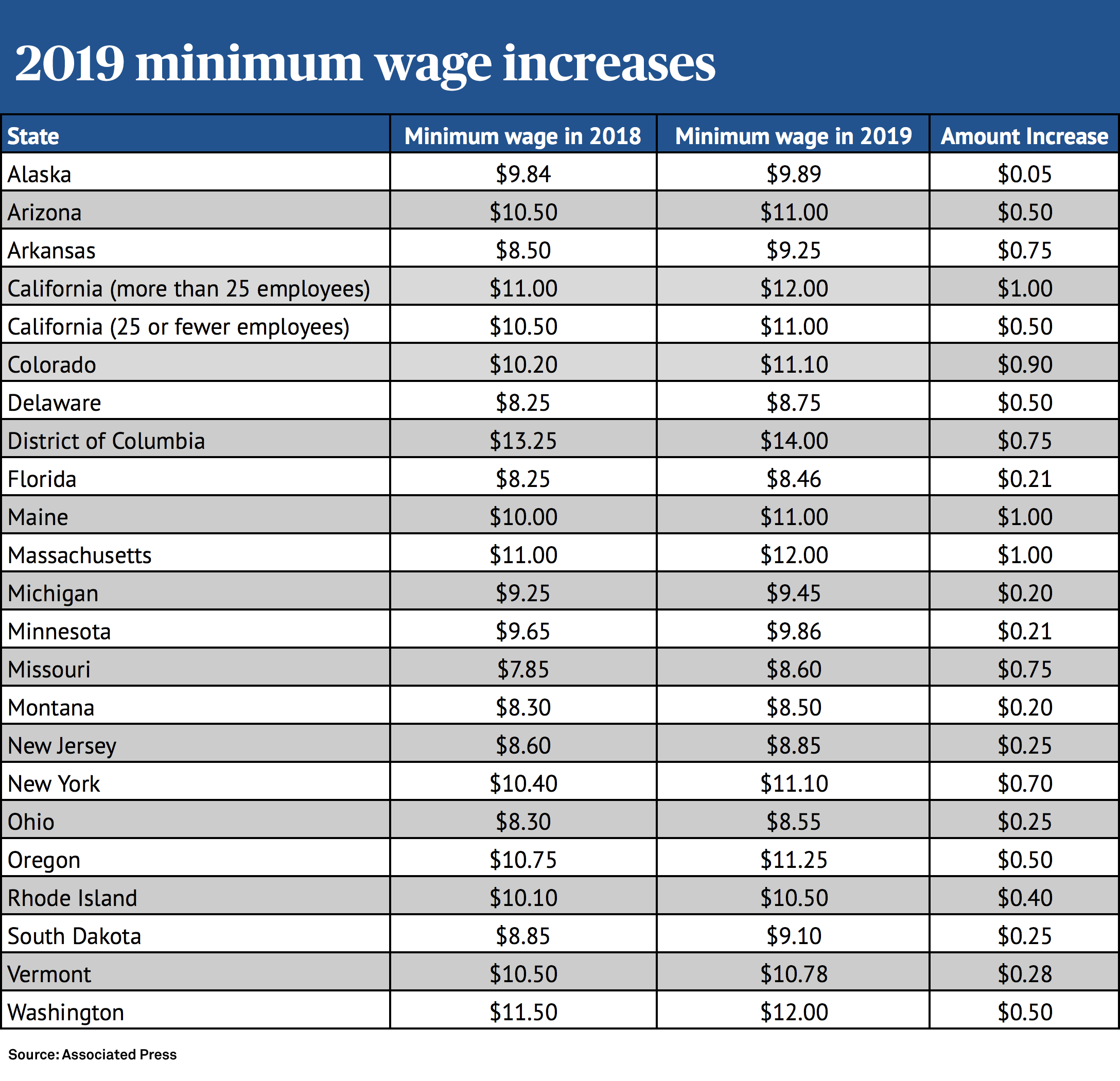Understanding Federal Job Pay Grades
Considering a career with the federal government? One of the key aspects to understand is the compensation system. Navigating the world of federal salaries can seem complex at first, but it boils down to a structured system known as the General Schedule (GS) pay scale. This system categorizes jobs into different pay grades based on factors like skill level, education, and experience required. Understanding this structure is crucial for anyone considering or currently employed in a federal position.
The federal government's compensation structure isn't arbitrary. It's designed to ensure fair and consistent pay across various agencies and roles. This structured approach, commonly referred to as the federal pay grade schedule, helps to establish transparency and equity within the federal workforce. The General Schedule pay scale, or GS scale, is the backbone of this system. This system classifies federal jobs into 15 grades, ranging from GS-1 to GS-15, with each grade representing a different level of responsibility and complexity.
The history of the GS pay system dates back to the Classification Act of 1923, aiming to standardize federal civil service positions and salaries. Before this act, pay inconsistencies were common, creating inequities among federal employees. The GS system aimed to address these discrepancies by establishing a clear and transparent pay structure based on the duties and responsibilities of each role. This standardized approach was a significant step toward a more professional and equitable civil service.
The federal job pay grade structure is essential for several reasons. It promotes fairness and transparency in compensation, making it clear how salaries are determined based on job requirements. This clarity benefits both employees and the government, fostering a sense of trust and equity within the workforce. Furthermore, a clearly defined pay structure aids in recruitment and retention, attracting qualified candidates and encouraging employee loyalty.
One common challenge with the federal pay grade system is the potential for pay compression. This occurs when salaries for higher-graded positions don't sufficiently differentiate from those in lower grades, potentially discouraging employees from seeking promotions. Addressing this challenge requires ongoing review and adjustments to the pay scale to maintain appropriate distinctions between grades and incentivize career progression.
Benefits of the GS system include transparency in pay, defined career progression paths, and nationally consistent pay levels. For example, a GS-9 nurse in California will earn a comparable base salary to a GS-9 nurse in Texas. This consistency provides stability and predictability for federal employees. The system also makes it easier for job seekers to compare federal positions with private sector roles.
Advantages and Disadvantages of the General Schedule
| Advantages | Disadvantages |
|---|---|
| Transparency | Potential Pay Compression |
| Structured Career Progression | Difficulty in Addressing Unique Local Pay Conditions |
| Nationally Consistent Pay | Limited Flexibility in Rewarding Exceptional Performance |
Best Practices:
1. Research thoroughly: Understand the GS levels and corresponding salaries for your target positions.
2. Negotiate your starting salary: While limited, there's often some room for negotiation, especially at higher GS levels.
3. Consider locality pay: Recognize that locality adjustments can significantly impact your take-home pay depending on your location.
4. Factor in benefits: Remember the comprehensive federal benefits package (health insurance, retirement, etc.) when evaluating compensation.
5. Plan for career progression: Explore potential career paths within the GS system to maximize your earning potential.
Frequently Asked Questions:
1. What is the highest GS level? GS-15
2. How are GS levels determined? By evaluating the knowledge, skills, and abilities required for the position.
3. What is locality pay? An adjustment to base pay based on the cost of living in a specific geographic area.
4. How often are GS pay tables updated? Annually.
5. Can I negotiate my GS level? While the level is typically set based on the job description, there might be room for negotiation in some cases.
6. What is a step increase within a GS level? Periodic increases within a GS grade based on performance and length of service.
7. Where can I find the current GS pay tables? The Office of Personnel Management (OPM) website.
8. How do I advance to a higher GS level? Through promotions which usually require meeting specific criteria like experience and education.
Understanding the federal job pay grade chart, specifically the General Schedule, is crucial for anyone navigating the federal job market. From researching potential positions to planning your career progression, a firm grasp of this system empowers you to make informed decisions. By familiarizing yourself with the GS scale, locality pay adjustments, and other relevant factors, you can effectively evaluate compensation packages and maximize your earning potential within the federal government. This knowledge is not just beneficial for job seekers; current federal employees also benefit from understanding the nuances of the pay system to navigate their career paths strategically. The federal government offers a wealth of career opportunities, and understanding the compensation structure is a key step toward a successful and rewarding federal career.
The enduring appeal of baby boy angel drawings
Conquer the gridiron with these cute fantasy football team names
Transform your bathroom with local tile finds







